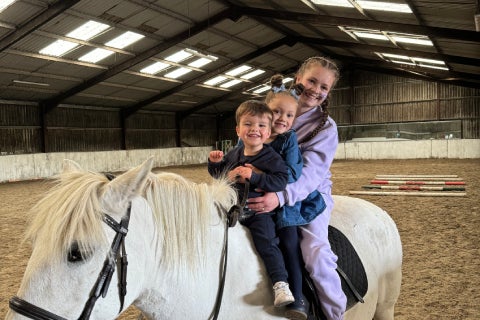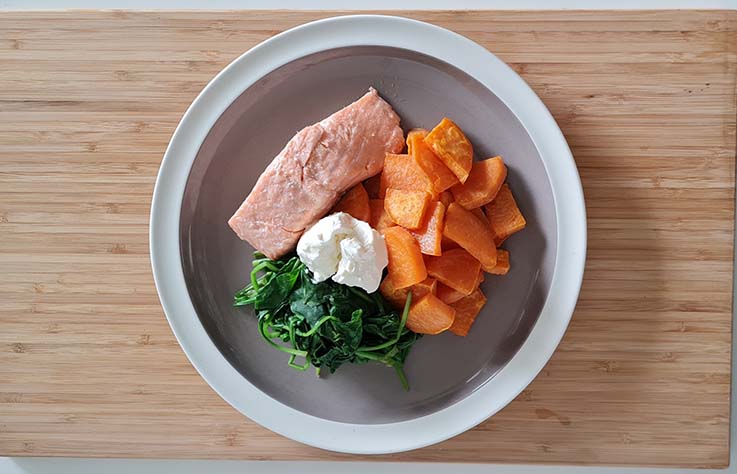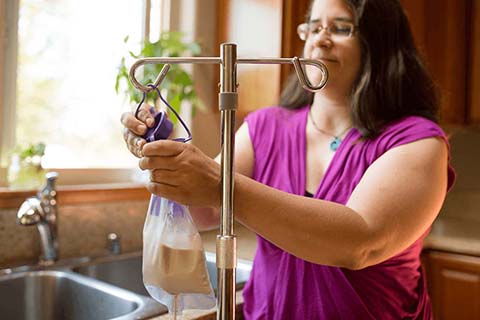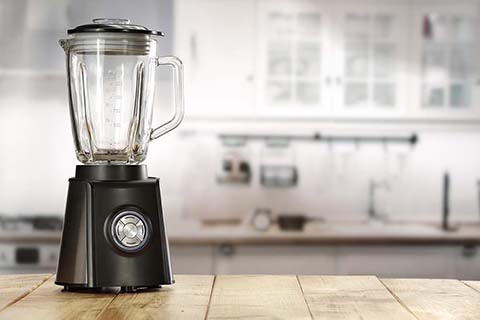Transitioning to Adult Care
Understanding how and when to transition to adult care and engaging a child with their own care.
Contributing experts: Annina Whipp, Senior Paediatric Dietitian & Neil McCreanor, Registered Dietitian
An Introduction to Adult Transitioning:
In England, it’s estimated that over 40,000 children and young patients under the age of 18 live with a medical condition or chronic illness. In fact, 25-45% of children have some form of feeding difficulty, but not all of these will require tube feeding. For the children who require long-term tube feeding through to adulthood, the adult transitioning phase is an important aspect of the journey.
When a young person’s medical care transitions from the paediatric to the adult care team, this is called the adult transitioning phase. This transition most typically occurs at the age of 18 as their adult years begin, however it may even begin at an earlier age of 15, 16 or 17 or a later age of 19, 20 or 21, depending on a child’s maturity. If a child is able to, they (as a young adult) will start to take more ownership and responsibility of their own care.
This transition can feel like a lot to manage for everyone involved – but you’re not alone. There are several ways you can help relieve any concerns and continue your tube feeding journey into adulthood as confidently as possible.
1. Why is adult transition important?
As a parent or caregiver, you may be feeling reluctant to let go and step back from being the young person’s primary carer. However, it’s important to recognise that this transition phase is a crucial time in a child’s journey. The transition will teach them to make decisions for themselves, give them the confidence to speak to another adult or a healthcare professional independently and empower them to take responsibility for their own care.
2. Will appointments with the adult care team still occur as frequently as with the paediatric team?
Once a young person has transitioned, it is likely they will be seen less. However, the adult care team will always be there to provide support in between reviews, whenever the young person requires their support.
3. Will parents and caregivers lose complete control over the patient’s care?
While the thought of letting go of your involvement in a child’s care might worry you, parents and carers will still have close contact during the transition and will continue to be welcomed into appointments - but only if the young person gives their consent. The transition period gives the young adult the opportunity to start taking more charge over their care and their actions, but by no means will it restrict the parent or caregivers from being involved. As a parent, your level of involvement will primarily depend on the young adult’s personal comfort level and wishes.
4. What are the top tips for approaching adult transitioning and engaging a child with their own care?
While the period leading up to the transition may be unsettling and challenging for everyone, there are ways you can help ease the process. Here are two key top tips for approaching the transition phase:
Transition clinic
Meeting with the adult care team and the paediatric team together in one joint appointment (before the young adult transitions) is a useful way for families to adjust to the new circumstances. This is also a helpful way for the young adult to get familiar with their new team and build a relationship ahead of the transition. Joint work and planning across the two teams is essential as it will allow for a smoother transition period. During these transition clinic sessions, useful resources and materials will be provided, such as a welcome pack, which outlines the role of the new team along with useful information and contact details.
Getting involved early
Prior to turning 18, perhaps when a child is 12-13 years old, familiarising the child with the process of being involved in their own care is hugely beneficial. This is a useful way for parents and caregivers to adjust and manage expectations for when the transition period takes place. For the patient, this is a useful way for the child to feel independent and confident enough to take charge when the transition period occurs. In some situations, and with parental permission, the paediatric team may encourage the child to have the first five to ten minutes of their appointments alone to build a sense of independence and help ease into this process.
5. Will a child’s feed/formula have to change?
Some children are switched to adult feeds many years prior to transitioning, while others don’t switch until later. This is entirely dependent on each child’s needs, and your dietitian will be able to support you on this. When switching feeds, the most important thing to remember is that the feed should be nutritionally complete for the person, regardless of whether it is paediatric or adult feed.
For further support with transitioning to adult care, you can find more information on the National Institution for Health and Care Excellence website here.






